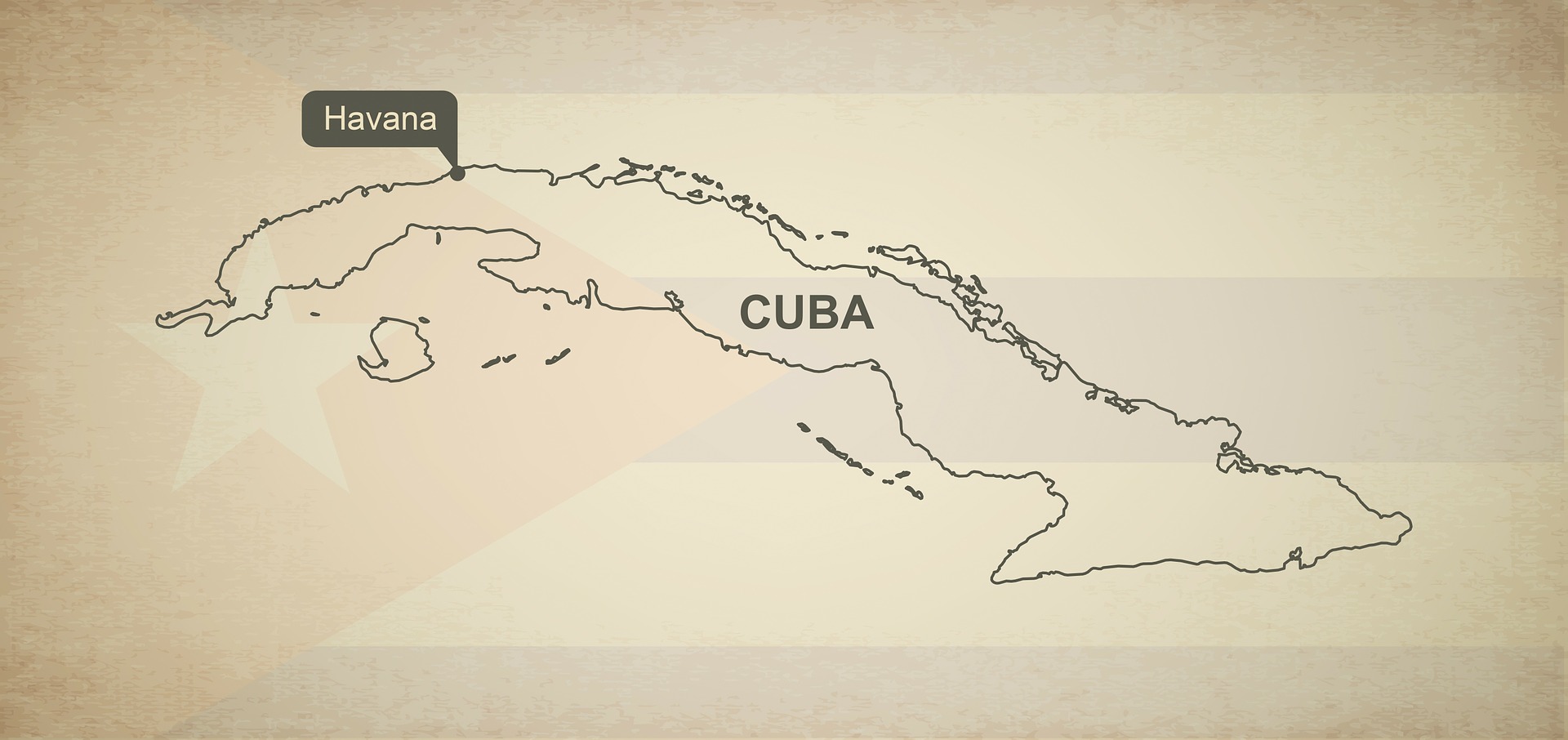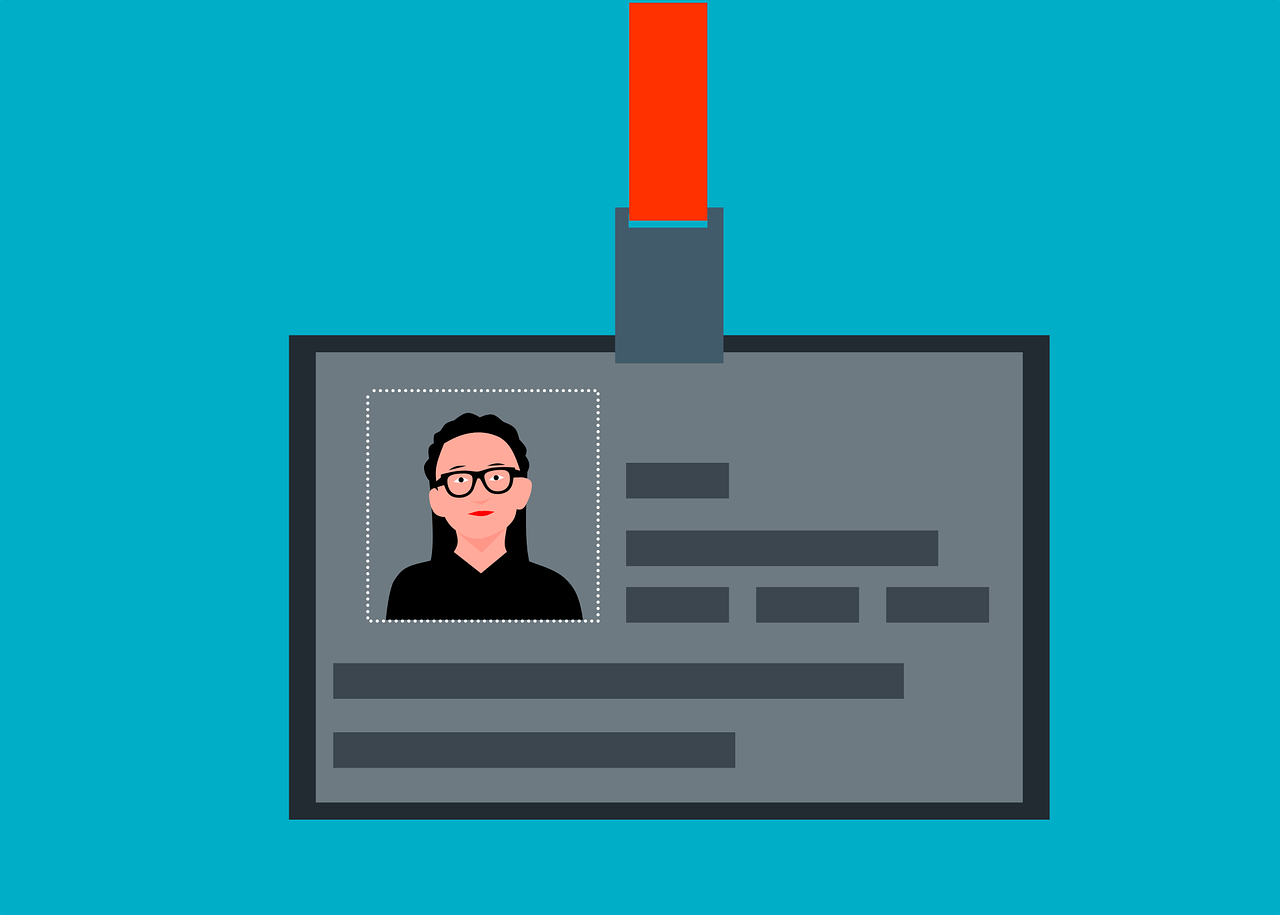In this blog post, we share with you new developments related to immigration law.
Uniting for Ukraine: USCIS Extends Completion of Medical Screening & Attestation Within 90 Days of Arrival to the United States
Effective immediately, the United States Citizenship and Immigration Services (USCIS) has announced that it will extend the amount of time that beneficiaries paroled into the United States under the “Uniting for Ukraine” program must comply with the medical screening and attestation requirements for required vaccinations such as tuberculosis and COVID-19. Previously, parolees were required to complete the medical screening and attestation requirements within 14 days of their arrival to the United States.
Now, Uniting for Ukraine parolees will be given 90 days from the date of their arrival to the United States to fulfill the attestation requirement, which is one of the conditions of being granted parole. The attestation can be completed in the beneficiary’s USCIS online account. USCIS notes that beneficiaries are responsible for arranging to have their vaccinations and medical screening for tuberculosis, including an Interferon-Gamma Release Assay (IGRA) blood test.
Those who test positive for tuberculosis, may be subject to additional procedures such as undergoing additional screening (a chest radiograph, isolation, and treatment if applicable).
Beneficiaries will also be required to complete the tuberculosis screening attestation for their minor children within 90 days of arrival to the United States, even if the child is under the age of 2 years old and qualifies for an exception to the tuberculosis test screening.
For more information and resources, please visit the Centers for Disease Control and Prevention’s Uniting for Ukraine: Information for TB Programs page.
For more information about the Uniting for Ukraine program please click here.
 Visa Lawyer Blog
Visa Lawyer Blog











